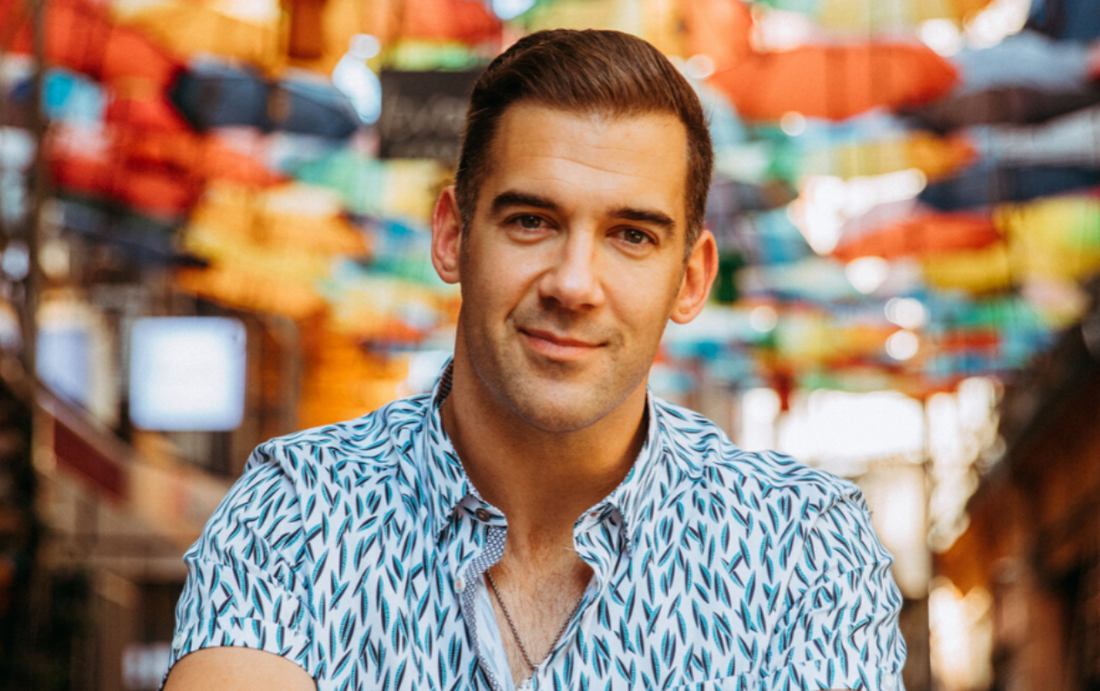
Greatness Is a Mindset w/ Lewis Howes # 405
What does greatness actually look like?
Today’s podcast is with my good friend, podcaster, author, and former professional athlete, Lewis Howes.
We discuss the concept of greatness, synthesizing lessons from his hundreds of interviews with world class experts he’s interviewed on his podcast, The School Of Greatness. We talk about how to overcome self doubt, fear, judgment, how to be the person your wounded parts need, and highlight key lessons we’ve both learned on our spiritual journeys.
Check out his new book:
The Greatness Mindset: Unlock the Power of Your Mind and Live Your Best Life Today
Today’s podcast is with my good friend, podcaster, author, and former professional athlete, Lewis Howes.
We discuss the concept of greatness, synthesizing lessons from his hundreds of interviews with world class experts he’s interviewed on his podcast, The School Of Greatness. We talk about how to overcome self doubt, fear, judgment, how to be the person your wounded parts need, and highlight key lessons we’ve both learned on our spiritual journeys.
Check out his new book:
The Greatness Mindset: Unlock the Power of Your Mind and Live Your Best Life Today